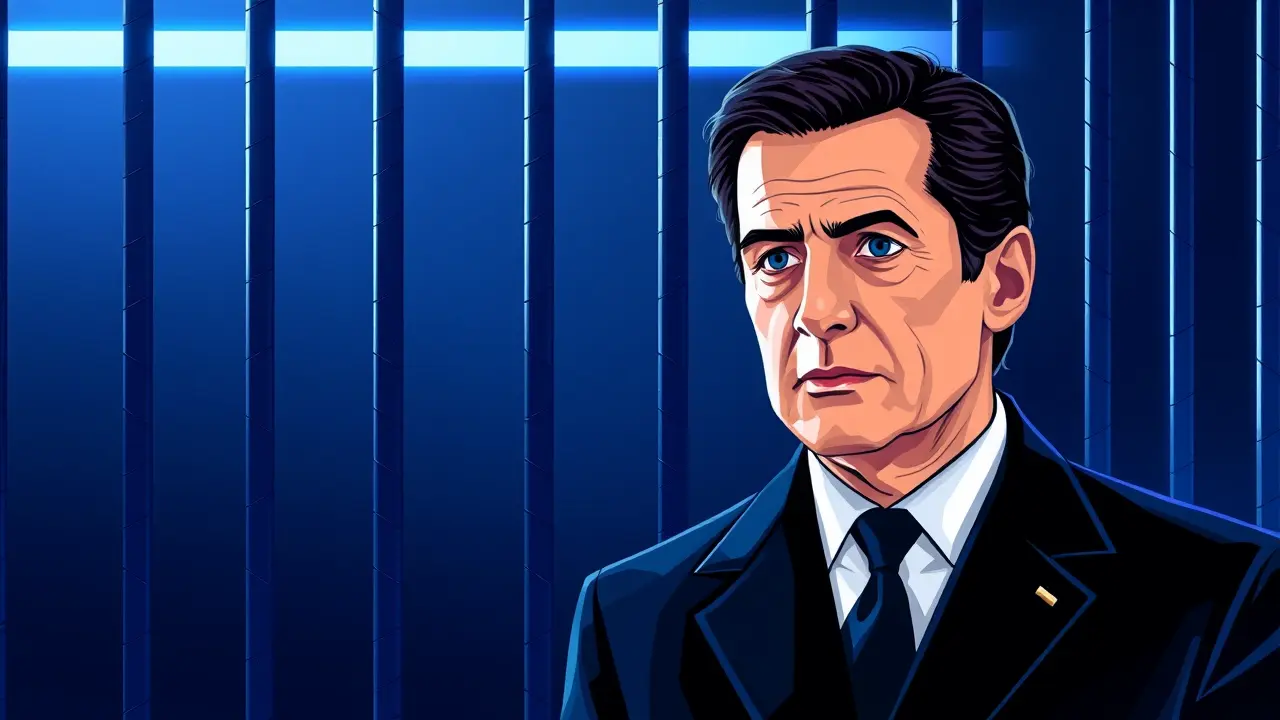Former French President Sarkozy sentenced to prison for corruption.
The corridors of French power are echoing with a verdict that resonates with the grim finality of history, as former President Nicolas Sarkozy stands convicted for his role in a criminal conspiracy to secure covert campaign financing from the late Libyan dictator Muammar Gaddafi. This is not merely a legal proceeding; it is a seismic event in the annals of the Fifth Republic, setting a stark precedent that the highest office in the land offers no permanent shield from judicial accountability.Sarkozy, who once embodied the energetic hope of a modernizing France, is now poised to become the first former president in the modern era to be incarcerated, with reports from BFM TV and confirmed by sources familiar with the matter indicating his scheduled incarceration at the Parisian La Santé prison on October 21st. The case itself is a labyrinthine tale of back-channel dealings and alleged illicit cash flows, a narrative that would feel at home in a political thriller were its consequences not so profoundly real.Prosecutors successfully argued that Sarkozy was a central figure in a scheme to siphon millions from the Gaddafi regime, funds that were ostensibly meant to lubricate his 2007 presidential campaign, a contest he won on a platform of rupture and reform. The irony is as thick as the walls of La Santé; the man who promised a clean break from the past is now entangled in one of the nation's most sordid political-financial scandals.This conviction is not an isolated incident but rather the culmination of a years-long judicial assault on the perceived impunity of the French political elite, a process that has also ensnared other figures from his administration. To understand the full weight of this moment, one must look to historical parallels, perhaps to the trials of other Western leaders, though few comparisons truly capture the unique spectacle of a French head of state facing prison.The legal strategy employed by the prosecution, piecing together a case from a mosaic of international financial records, witness testimonies, and intercepted communications, demonstrates a new era of forensic accountability. The implications are vast, sending a chilling warning to the current political class in Paris and Brussels that the old ways of opaque financing are under unprecedented scrutiny.Furthermore, this judgment threatens to irrevocably tarnish Sarkozy's legacy, overshadowing his domestic and foreign policy achievements with the long shadow of a prison sentence. It raises fundamental questions about the integrity of the democratic process itself, suggesting that the will of the people may have been manipulated by hidden financial forces.As Sarkozy's legal team undoubtedly prepares its appeals, the political fallout is already rippling across France, potentially influencing upcoming elections and reshaping public trust in its institutions. The spectacle of a former president behind bars is a powerful, almost revolutionary image, one that speaks to a deepening disillusionment with the establishment and could fuel further anti-elite sentiment across the European political landscape. This is more than a sentencing; it is a reckoning.
It’s quiet here...Start the conversation by leaving the first comment.
